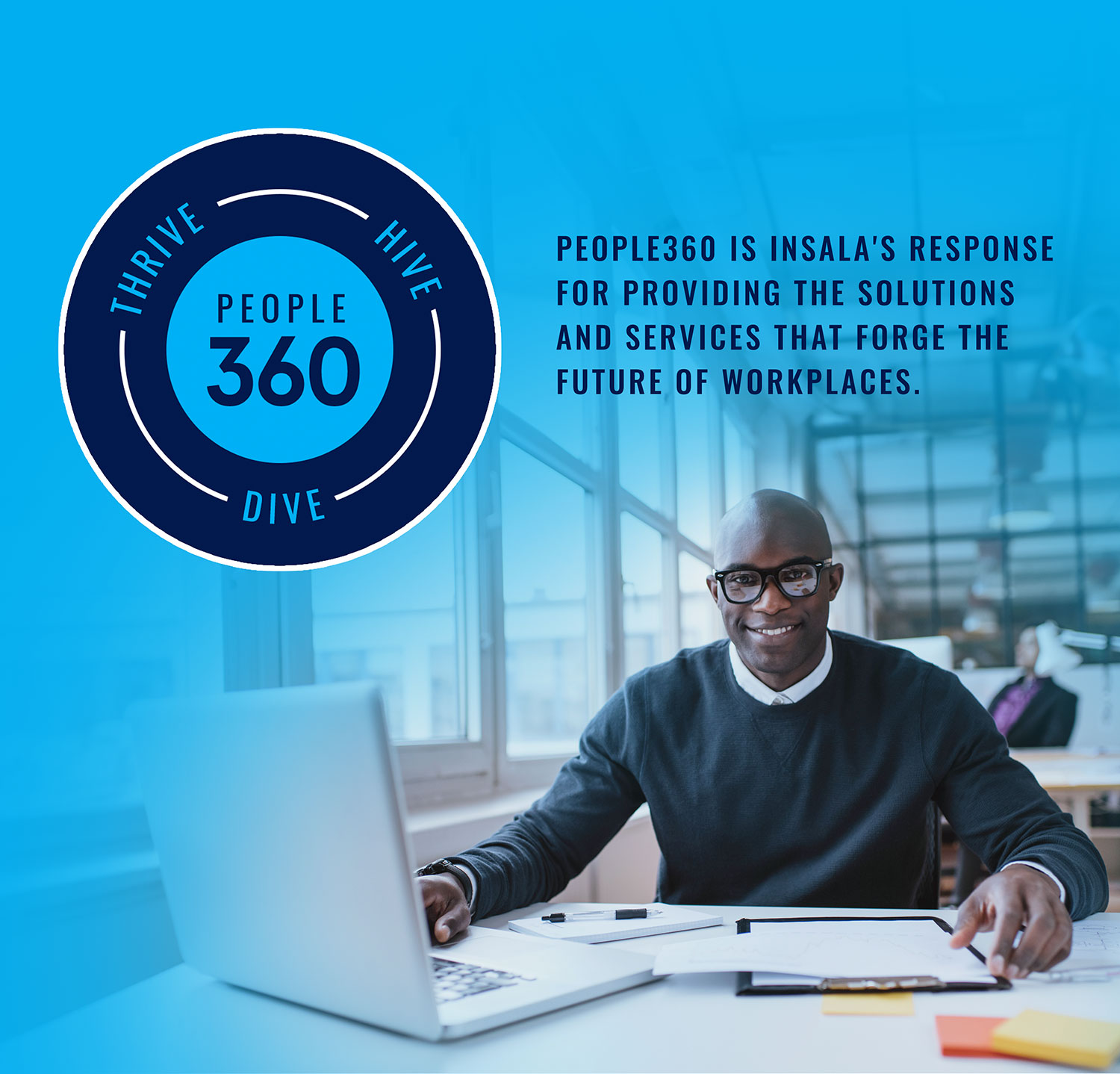
Traditional Mentoring vs Modern Mentoring
When you hear the word “mentoring,” what comes to mind? Most people think of a one-on-one interaction with a senior level individual teaching a junior level individual without the use of technology. If this is the case, you’re thinking of traditional mentoring.
As the workforce continues to become more diverse, mentoring is evolving. Individuals are continuing to learn new skills and receive guidance, but this is being done using new perspectives and technology. These changes have led to organizations considering more modern types of mentoring.
Traditional mentoring and modern mentoring have the same goals, but they promote different ways to reach those goals. It’s important to understand the benefits of each when identifying the needs of the organization and its individuals.
Here are some benefits of both types of mentoring and some of their similarities:
Why traditional mentoring?
Although newer forms of mentoring are becoming popular, traditional mentoring is still a valuable tool for career development. It is one-on-one and face-to-face, which is ideal if the mentee wants to improve their interpersonal skills. Traditional mentoring is…
- Engaging. A traditional mentorship improves the individual’s level of success because the mentor can give their mentee uninterrupted attention. Likewise, the mentee will be less distracted by their environment as it will just be the two of them. It is easier for a relationship to be formed and for progress to be achieved in this setting.
- Fewer interruptions. Traditional mentoring typically has fewer distractions when technology isn’t involved. When technology is involved, certain issues like internet trouble can occur causing trouble for your meetings. Other distractions such as email or chat notifications from co-workers could also be a factor.
- Accountability. Traditional mentoring promotes higher accountability, as individuals are more responsible when there are less obstacles between themselves and their mentor.
Why modern mentoring?
There are many types of modern mentoring. Virtual, speed, and flash mentoring are just a few, and they all have their own purpose. Modern mentoring is useful if your organization is global or many of the individuals are millennials. Modern mentoring implements a digital aspect into your program with certain tools such as mentoring software that give your organization an advantage. Here are a few benefits of modern mentoring:
- Access. More individuals are able to participate in the mentoring program, especially when virtual and group mentoring are implemented. By using technology participants can have access to mentoring from across states and countries.
- Variety. Modern mentoring allows for many different types. Mentoring types such as flash mentoring focus on teaching an individual hard skill in one sitting, typically at an event.
- Networking. Some forms of modern mentoring allow for mentees to talk to many different mentors in one setting. Networking opportunities outside of the organization are possible after a round of speed mentoring. Speed mentoring is a play on speed dating where an event is held, and many individuals have the chance to speak with one another in a short amount of time.
What do traditional and modern mentoring have in common?
Traditional and modern mentoring both encourage individuals to develop their career, so we recommend giving them both a try. Start with traditional mentoring, as individuals can get a feel of what a relationship has in store. After identifying the needs of the organization and individuals, implement modern mentoring accordingly. Here are some benefits of using both types of mentoring:
- Can be tailored to the mentee’s needs
- Provides a low-stress environment for individuals
- Introduces individuals to the company culture
- Shows that the organization cares about its individuals
Which type of mentoring is right for my organization?
While traditional and modern mentoring have a few similarities and differences, it doesn't mean one should be used over the other. The best course of action is developing your mentoring program using the elements of each to best meet the needs of participants and your organization. Taking this approach to developing your mentoring program provides multiple ways for participants to take part in the program.
Establishing a flash mentoring program boosts knowledge sharing and learning on the spot, when needed. Participants in a traditional mentoring program can lean on mentors outside of their traditional mentoring relationships to help with a single, specific knowledge or skills gap. On the other hand, traditional mentoring allows for meetups in a multitude of situations that connect to the larger goal the participants are aiming to accomplish. The mentor can build a personal connection with the mentee and give advice and direction.
Not sure where to start? Our team is passionate about helping organizations evaluate their needs and supporting customers through establishing practical and effective mentoring programs. Book a call with one of our experts today to learn about our consulting services or mentoring software that can help take programs to the next level.

Corporate Alumni Network: The Perfect Home For Your Career Transition Offer
Download the EbookRelated Posts

How To Find The Right Mentor For You
How To Find The Right Mentor For You Having the guidance and ...
Read more
How To Establish A Successful Corporate Mentoring Program
How To Establish A Successful Corporate Mentoring Program
Read more
How Mentoring Is Helping Solve The Labor Shortage
How Mentoring Is Helping Solve The Labor Shortage The labor shortage has become a pressing issue for businesses across industries, with ...
Read more
.png?width=100&name=Untitled%20design%20(30).png)






